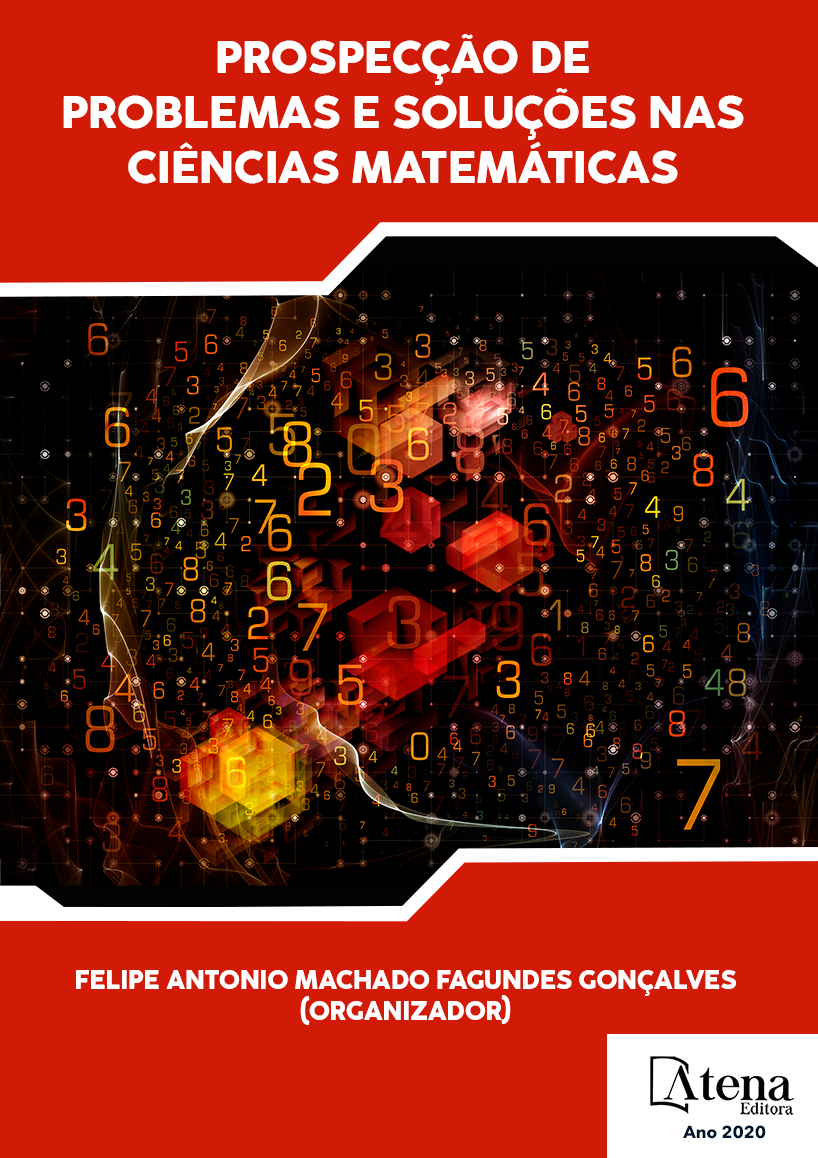
DISCURSO DE ESTUDANTES DO 7º PERIODO DE LICENCIATURA EM MATEMÁTICA ACERCA DO ERRO DE ALUNOS RESOLVENDO ATIVIDADES MATEMÁTICAS
Na sala de aula de matemática a comunicação entre professor e aluno é um elemento essencial para o processo de ensino e aprendizagem dos conteúdos matemáticos. Neste sentido, o discurso do professor de matemática assume relevância. Para Bakhtin, o discurso não transmite apenas o que está sendo afirmado, mas também o estado de espírito e a maneira do falante, que se expressa no conteúdo e também nas formas do discurso, que pode ser expresso na entonação da voz. Em sala de aula nem sempre o professor escolhe o melhor caminho para se posicionar acerca do que o aluno produz ou acerca dos resultados que apresenta sobre questões matemáticas que lhe são solicitadas a solução. Se realiza a análise da resposta apresentada pelo aluno, mas não se questiona sobre as razões da resposta que o aluno apresenta. Existe indícios de que conhecer as razões e as preferências do aluno por seguir este ou aquele caminho para resolver uma questão é fundamental. Como reage o futuro professor de matemática diante do erro que o aluno comete ao resolver atividades matemáticas? Esta é a nossa pergunta de pesquisa. Este estudo tem o objetivo de analisar o discurso de futuros professores acerca do erro do aluno quando está resolvendo atividades matemáticas, adotamos uma abordagem qualitativa e utilizamos conceitos bakhtinianos na busca de compreender o fenômeno que estudamos. Para a obtenção dos dados foi aplicado um questionário em uma turma de 23 alunos do 7º período do curso de licenciatura em matemática de uma instituição pública. Os resultados mostram que os participantes da pesquisa realizaram um discurso em diversas direções, predominando dois tipos de discursos: 1) Os futuros professores que compreendem as razões do erro do aluno; 2) Futuros professores atribuem ao aluno a responsabilidade pelo erro, ou seja, os alunos erram por falta de atenção ou por falta de interesse.
DISCURSO DE ESTUDANTES DO 7º PERIODO DE LICENCIATURA EM MATEMÁTICA ACERCA DO ERRO DE ALUNOS RESOLVENDO ATIVIDADES MATEMÁTICAS
-
DOI: 10.22533/at.ed.71320020414
-
Palavras-chave: Discurso. Futuros professores. Aprendizagem matemática. Erro.
-
Keywords: Discourse. Future teachers. Mathematical learning. Mistak.
-
Abstract:
In the math classroom, communication between teacher and student is na essential elemento in the processo of teaching and learning mathematical contente. In this sense, the mathematics teacher’s discourse takes on relevance. For Bakhtin, the speech does not convey only what is being affirmed, but also the speaker's mood and manner, which is expressed in the content and also in the forms of the speech, which can be expressed in the intonation of the voice. In the classroom, the teacher does not always choose the best way to position himself on what the student produces or on the results he presents on mathematical questions that are asked for a solution. The analysis of the answer presented by the student is carried out, but there is no question about the reasons for the answer that the student presents. There is evidence that knowing the student's reasons and preferences for following this or that way to resolve an issue is fundamental. How does the future math teacher react to the mistake the student makes when solving math activities? This is our research question. This study aims to analyze the speech of future teachers about the student's error when solving mathematical activities, we adopt a qualitative approach and we use bakhtinian concepts in the search to understand the phenomenon we study. To obtain the data, a questionnaire was applied to a class of 23 students from the 7th period of the degree course in mathematics at a public institution. The results show that the research participants delivered a speech in several directions, with two types of speeches prevailing: 1) The future teachers who understand the reasons for the student's error; 2) Future teachers attribute to the student the responsibility for the error, that is, the students make mistakes due to lack of attention or lack of interest.
-
Número de páginas: 10
- PEDRO LUCIO BARBOZA


